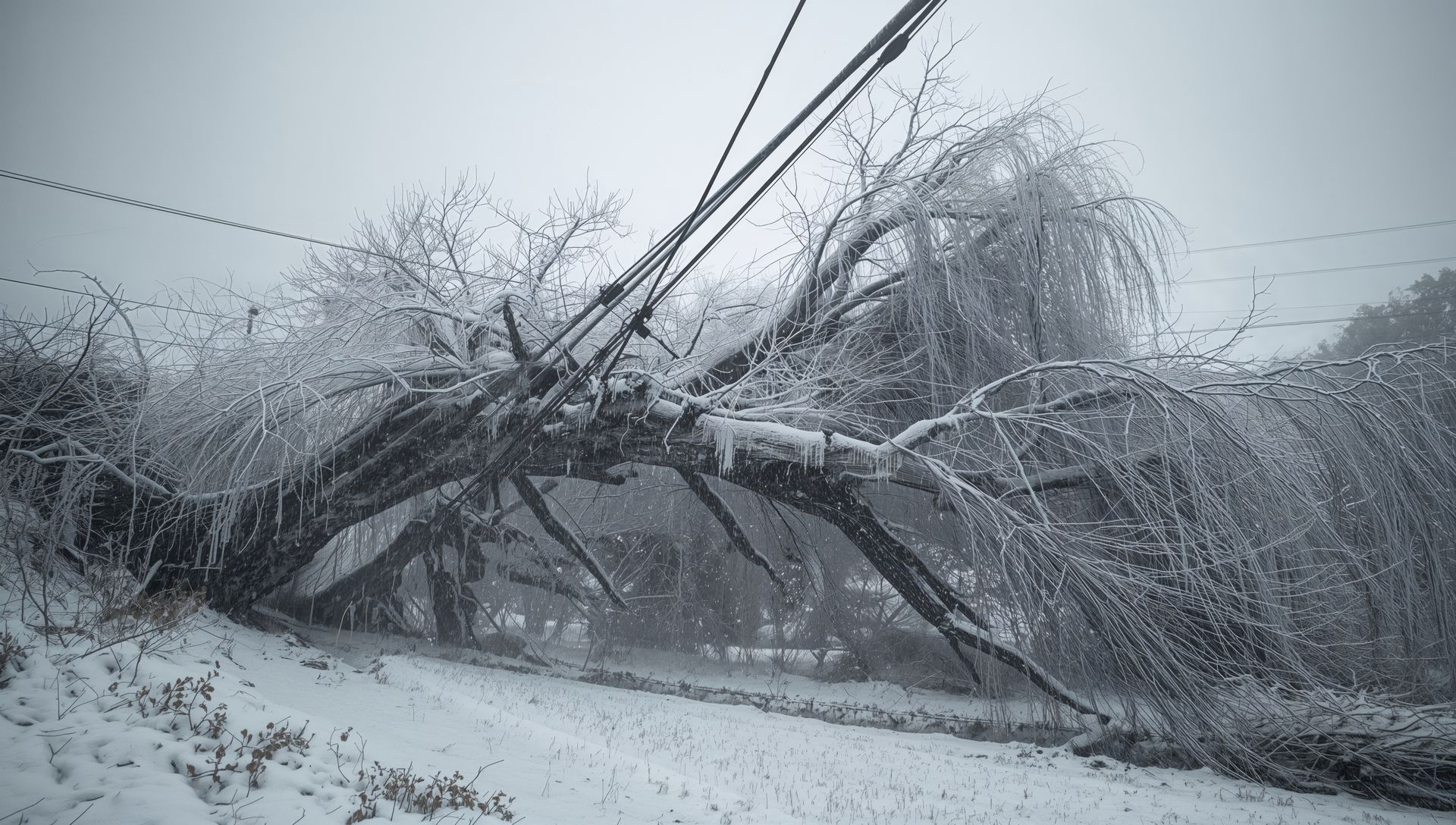Love In Action

.
When Erma Bombeck was nine years old, her beloved father died. A crane operator for the city of Dayton, Ohio, she observed many years later that he got up every morning and went to work . . . until one day he didn’t. He went to the hospital instead and died the next day. In the course of her discourse, she listed many of the things he had done for his family: getting the prescriptions filled when someone was sick, bringing the car around when it was raining so no one else had to get wet, opening the pickle jar when no one else could, fearlessly entering the basement by himself. Her list continued as she mentioned all the mundane, everyday things her father had done that no one ever really noticed or, if they did, never thought much about.
Until he died. Erma remarked that, when playing house with her dolls, the mother doll always had a great deal of work to do, but she never knew what to do with the daddy. So he would tell everyone in the “family” he was going to work . . . and then she’d throw him under the bed. Only after her own father’s death did she come to understand that those mundane, everyday things he did were his way of saying he loved them.
Fathers are unique creatures, their greatest talent being their ability to put everyone else’s needs and wants ahead of their own without ever drawing attention to their actions. Granted, as with every other category of folks, there are some who don’t deserve to wear the title, but for the most part, fathers spend their lives providing for and being protective of their families. They work when they don’t feel like working. They play when they’d much rather rest. They try to fix everything that’s broken, from plumbing pipes to tender young hearts, and lie awake at night worrying if they believe they’ve failed at the latter. Even if they’re small in stature, their shoulders are broad enough to carry the weight of the world . . . and a small child whose legs no longer seem inclined to work. And you’ll probably never hear a complaint in either circumstance.
All of these deeds and so many more are the language of love for a father. They may not be as inclined as a mother to actually speak the words “I love you”, but they are continually saying it, a thousand times a day, in a thousand different ways. We just have to learn to listen with our eyes and our hearts instead of our ears.
Not long after her father died, little nine year old Erma went to her bedroom, pulled the daddy doll from under her bed, and placed him gently on top of it. Later on she would write of her own father, “He never did anything—I didn’t know his leaving would hurt so much.” Through the eyes of a child, her observation was accurate . . . he never did anything that registered in the moment as something of importance, and so it may be with our fathers today. Hopefully, as we age we will grow to understand the motivation behind their sacrifices and hard work. Hopefully, as we age, we will give them the honor and respect they deserve but never require. And hopefully, before it comes their time to move on to better things, we’ll understand just how great that loss will be.
About the author: Lisa Shackelford Thomas is a fourth generation member of a family that’s been in funeral service since 1926. She has been employed at Shackelford Funeral Directors in Savannah, Tennessee for over 40 years and currently serves as the manager there. Any opinions expressed here are hers and hers alone, and may or may not reflect the opinions of other Shackelford family members or staff.
The post Love In Action appeared first on Shackelford Funeral Directors | Blog.












